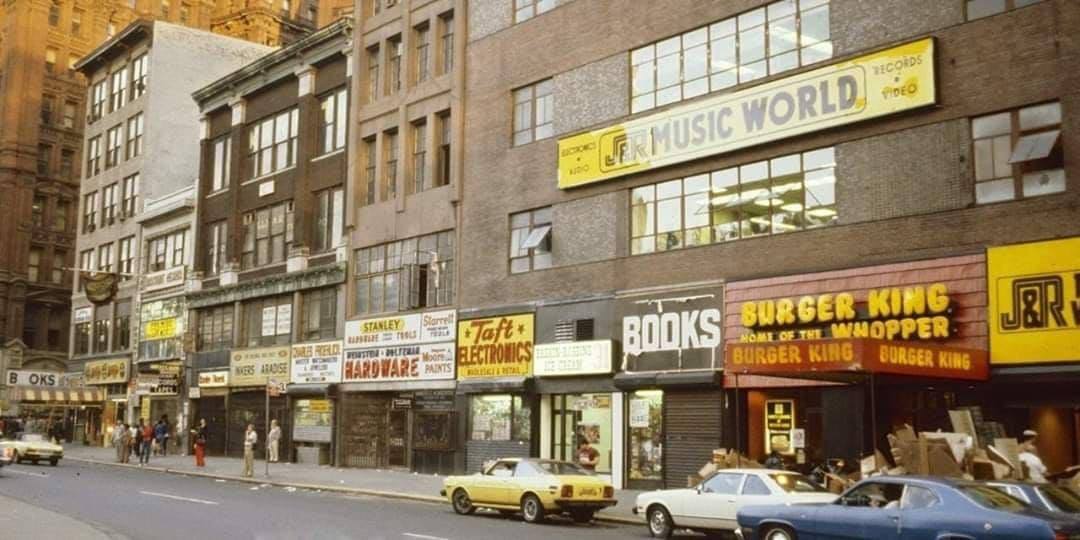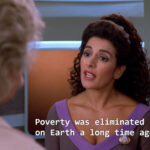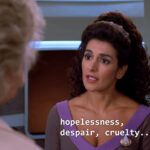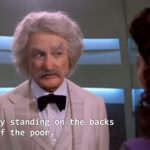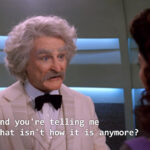i wish all affluent people who are in college and make nonstop jokes about being poor a very understand that poverty is not a temporary condition
if you are poor for four years and know the exact date at which it will end, you have not experienced poverty.
this is the same reason that “politicians should have to live a month on minimum wage to see what it’s like” doesn’t work. poverty is a lack of resources beyond monetary ones. it’s not having family members you can borrow money from. it’s not having a place to stay if you were outdoors for a bit. it’s not having the nice kitchen equipement with which you could make food more cheaply. it’s having to buy cheaper things which will break sooner because you can’t afford the better ones.
the bit about knowing the end date is not a semantic point to make me feel better. if you know you’ll be out of this soon, it enables you to make choices you otherwise couldn’t. you can splurge on pizza delivery or spend half your paycheck on good shoes because it isn’t real. if a crisis comes, the irreality of this situation allows you to deal with it. you can ask your parents for money, you can stay with someone for a while. impoverished people can’t.
i think a lot of times otherwise progressive people come out of college more classist because they think they know what it’s like to be poor now, and they made the right choices, so why doesn’t everyone else? you weren’t, and you didn’t. poverty is more than that.
Tag: poverty
Park Row and Beekman Street, 1970s

The same spot in 2014 above, and then…

I’m not sure what to make of nostalgia. I’ve never been to Park Row & Beekman, never even been in New York, but the first photograph has a sense of taking me back to something familiar, something from before I was even born. Perhaps it’s that much of what was in the seventies (and long before then even) survived into the eighties and nineties, when I was very much alive and in a place where development was slow and many areas that I knew were more impoverished. People there took what was built and then vacated and used it for their livelihood. No new development or remodeling, just taking the old shells and filing them with new commerce and survival strategies.
Now, of course, this particular set of old buildings has been replaced by a new enclosed behemoth, as shown in the final photograph. The most recent Google street picture that shows the old structures is from 2014. I guess if I was to describe the feeling, it’s a bit of sadness that I can’t point out what was to someone new and young. There are these photographs, but they don’t capture what it was like to walk along a street like this, to take in all the signage and mix of people hocking wares, or to walk into an old building that you know was not made for you but for some long-dead privileged few who abandoned their structures like hermit crabs in search of a bigger and shinier shell away from the poverty of new immigrants, new people, new lives that needed something and took what they could get and made it theirs.
Park Row and Beekman Street, 1970s

The same spot in 2014 above, and then…

I’m not sure what to make of nostalgia. I’ve never been to Park Row & Beekman, never even been in New York, but the first photograph has a sense of taking me back to something familiar, something from before I was even born. Perhaps it’s that much of what was in the seventies (and long before then even) survived into the eighties and nineties, when I was very much alive and in a place where development was slow and many areas that I knew were more impoverished. People there took what was built and then vacated and used it for their livelihood. No new development or remodeling, just taking the old shells and filing them with new commerce and survival strategies.
Now, of course, this particular set of old buildings has been replaced by a new enclosed behemoth, as shown in the final photograph. The most recent Google street picture that shows the old structures is from 2014. I guess if I was to describe the feeling, it’s a bit of sadness that I can’t point out what was to someone new and young. There are these photographs, but they don’t capture what it was like to walk along a street like this, to take in all the signage and mix of people hocking wares, or to walk into an old building that you know was not made for you but for some long-dead privileged few who abandoned their structures like hermit crabs in search of a bigger and shinier shell away from the poverty of new immigrants, new people, new lives that needed something and took what they could get and made it theirs.
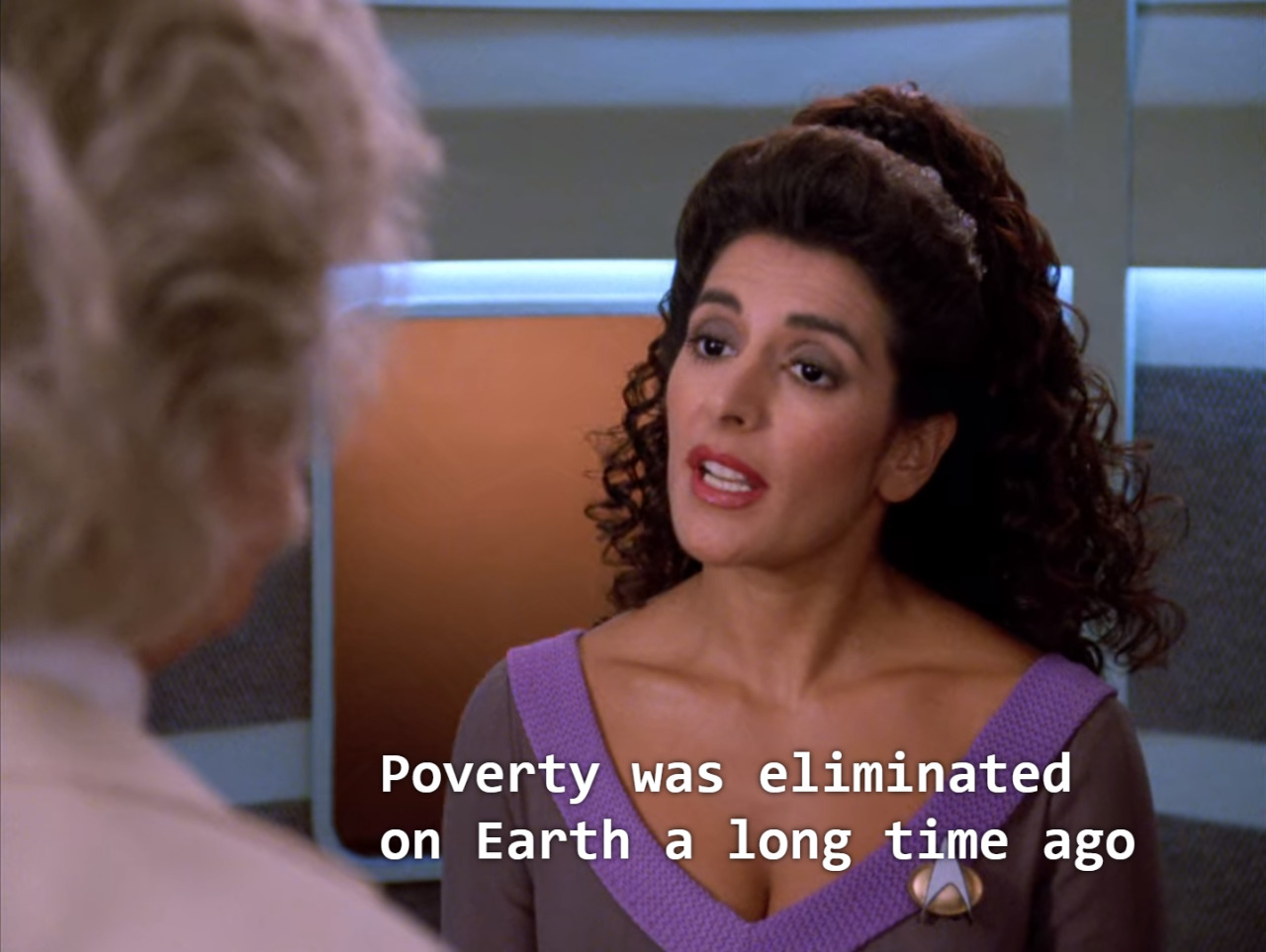
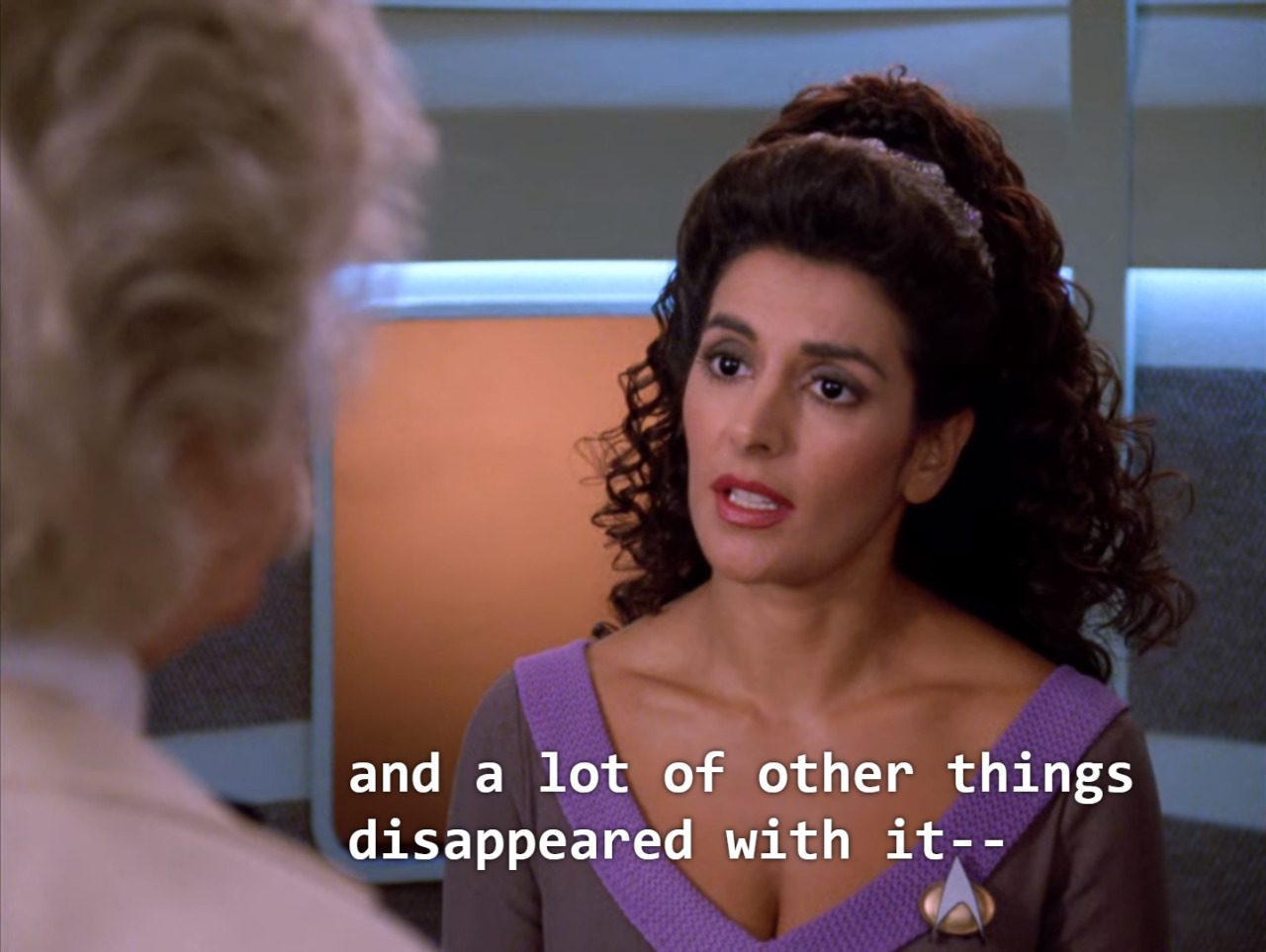
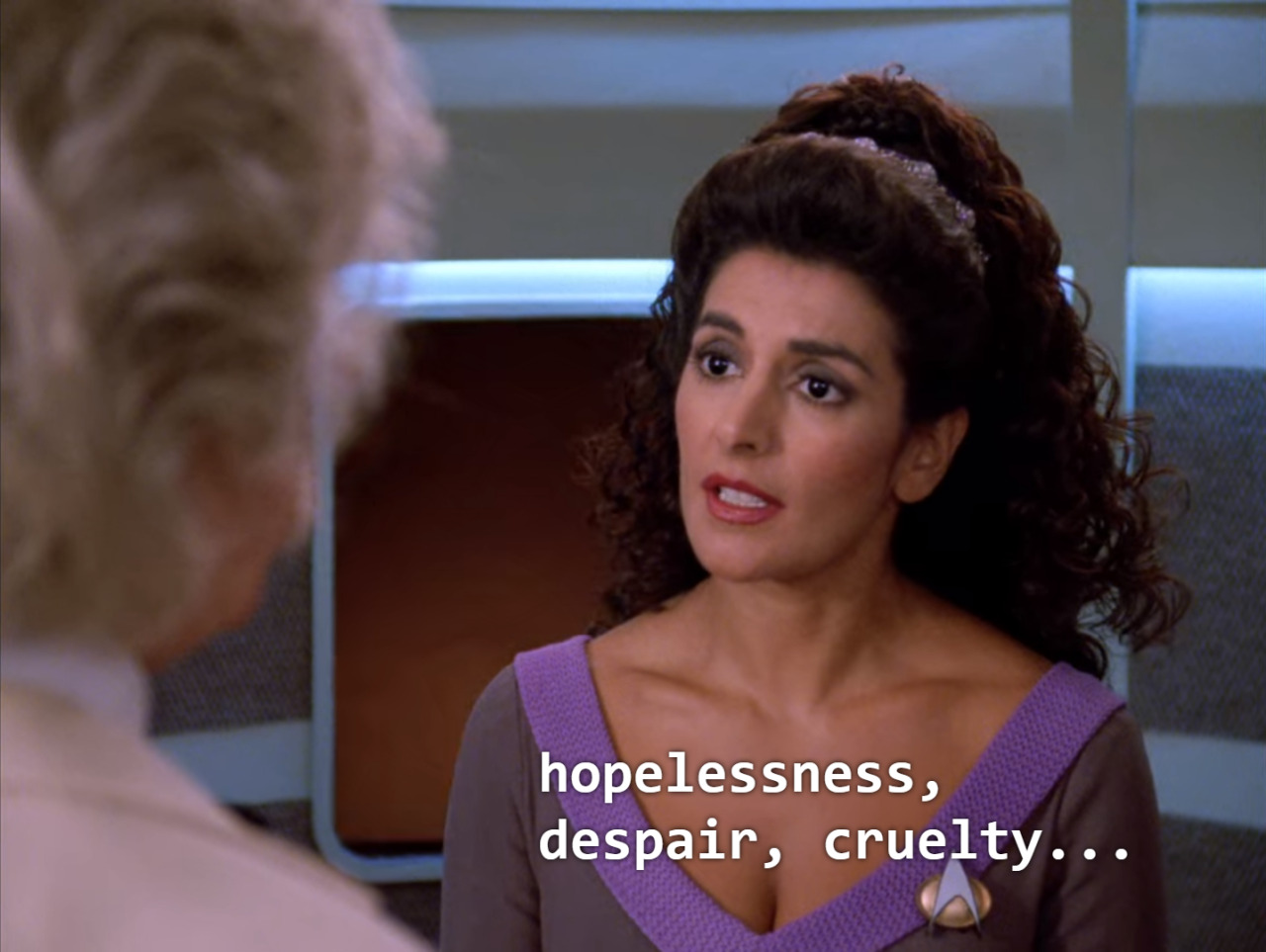
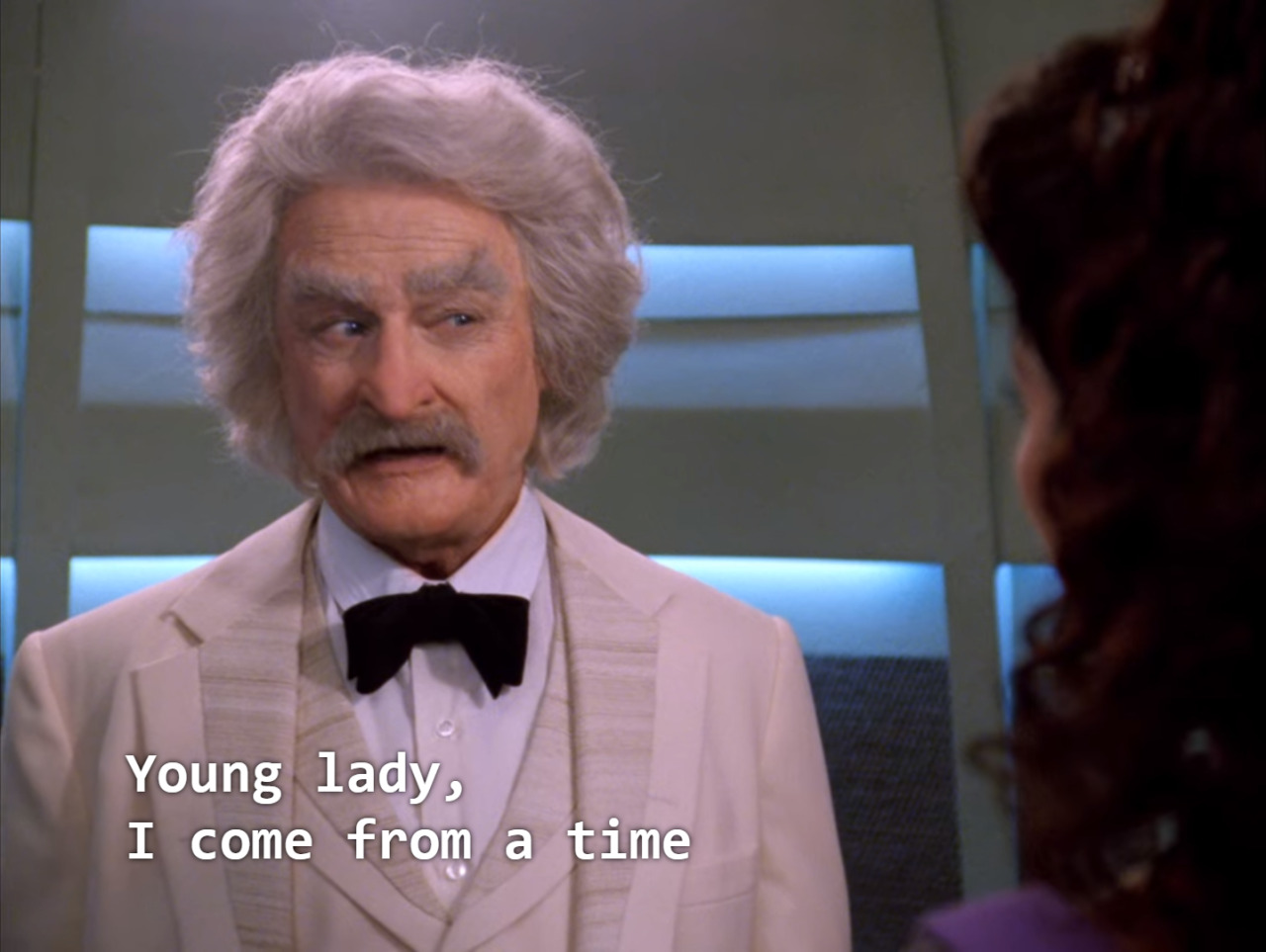
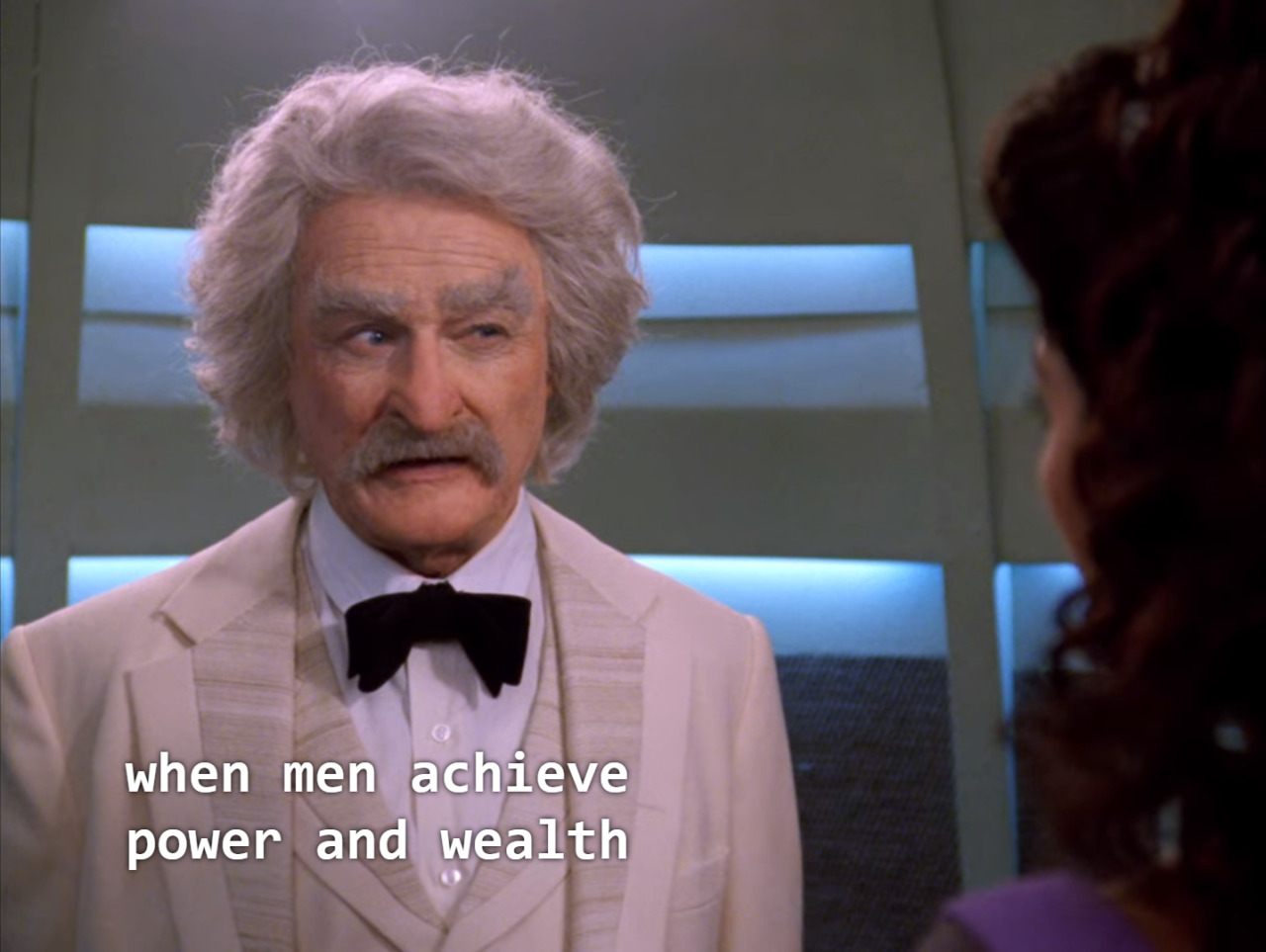
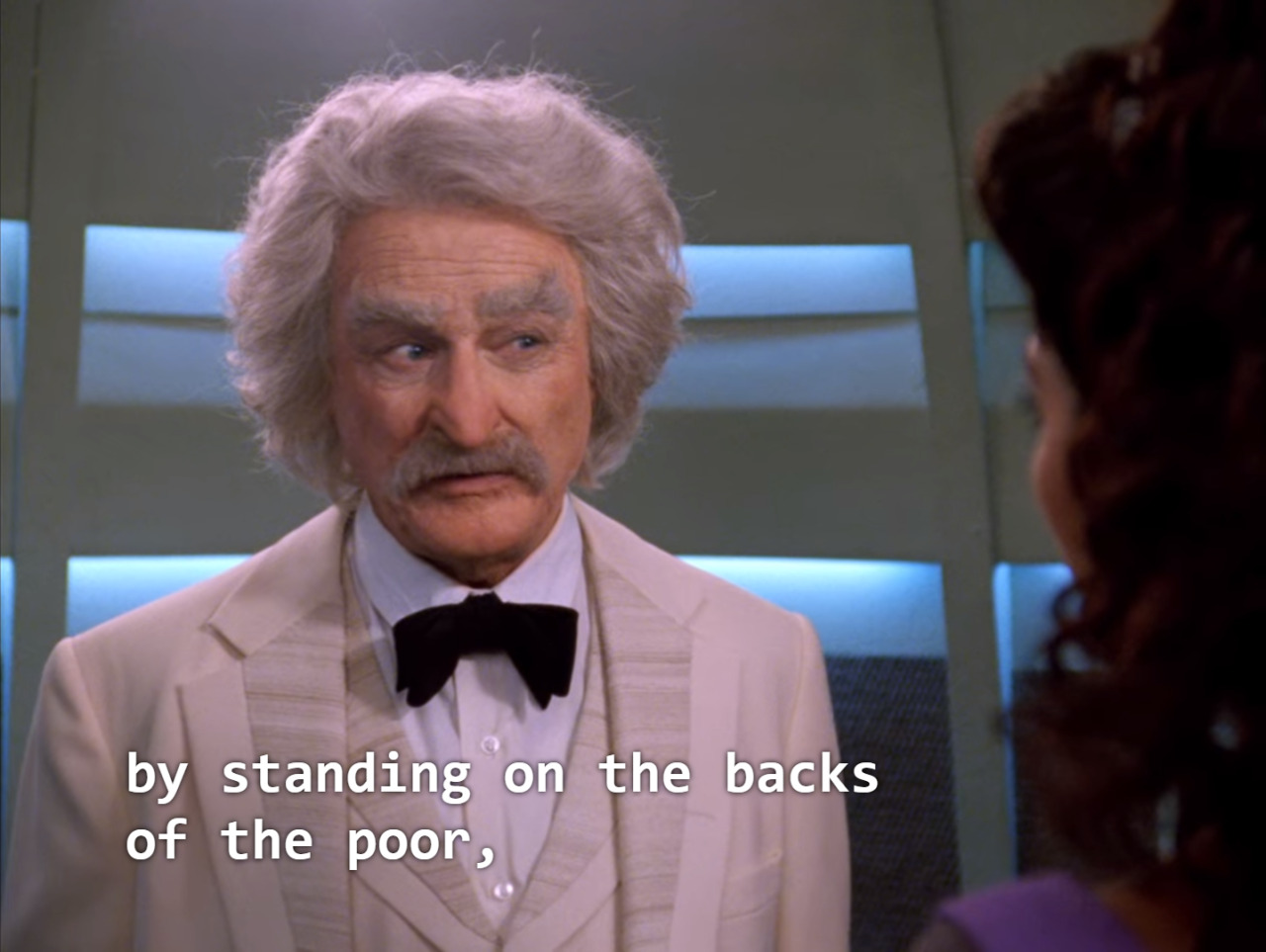
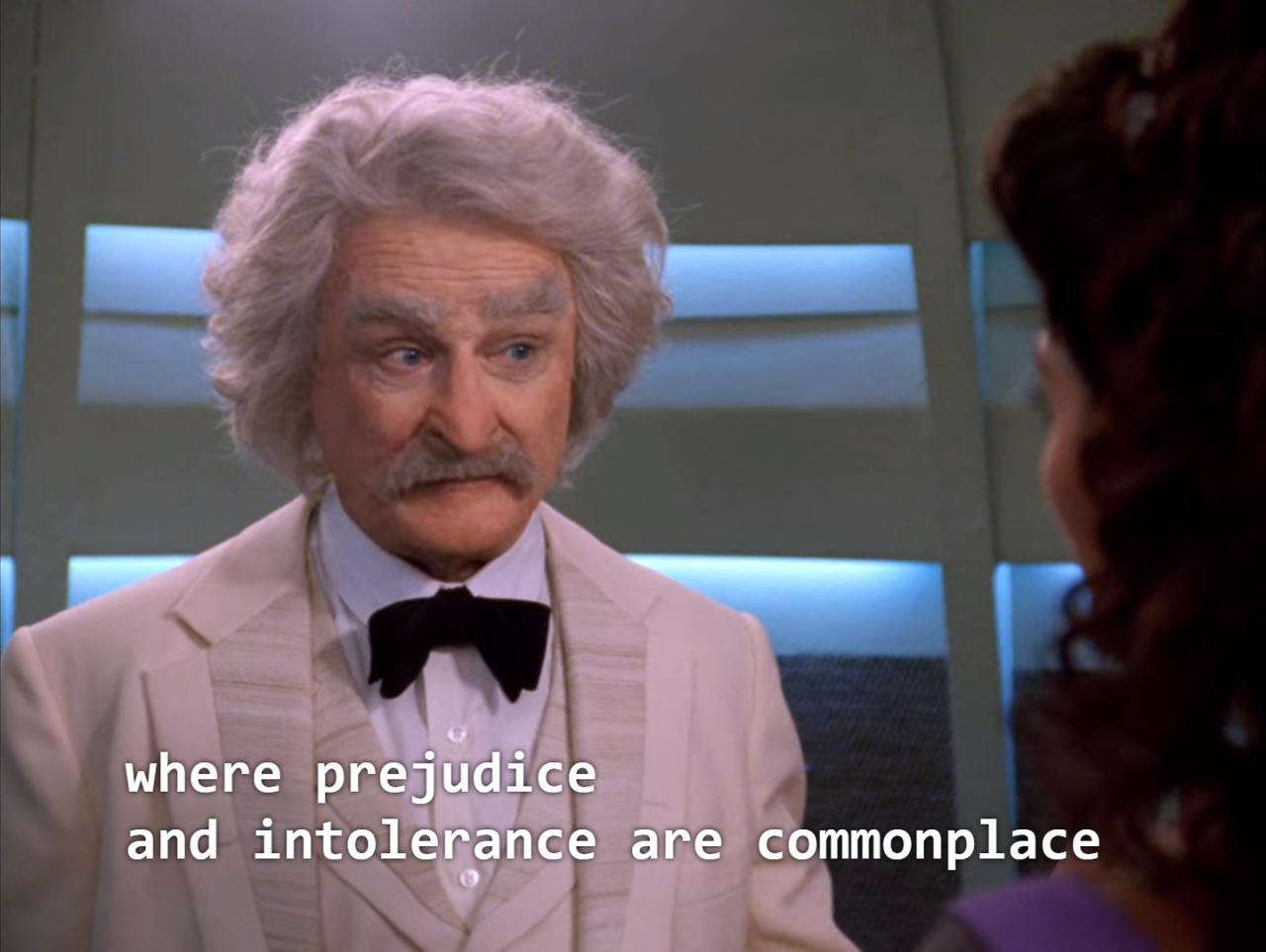
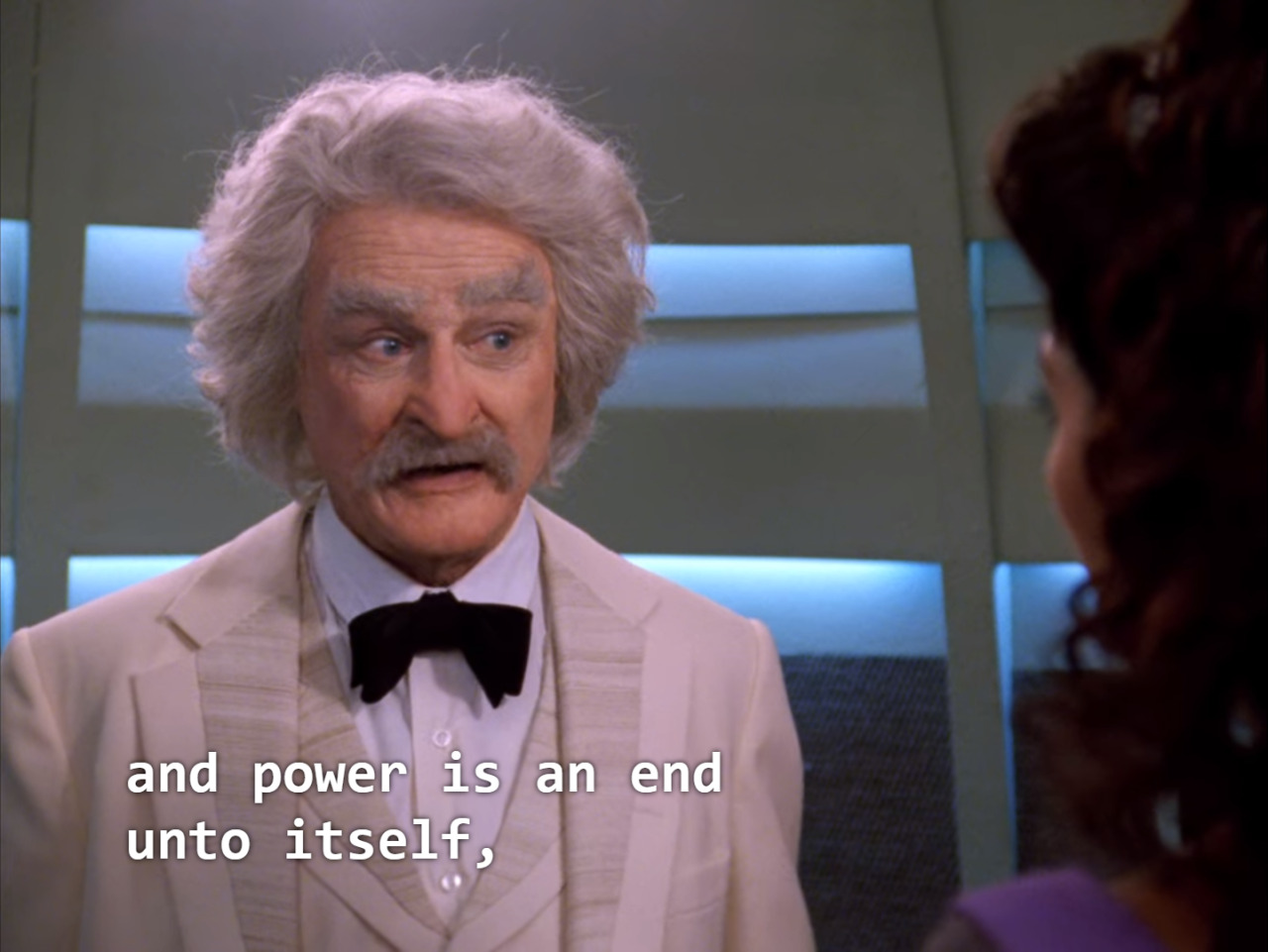
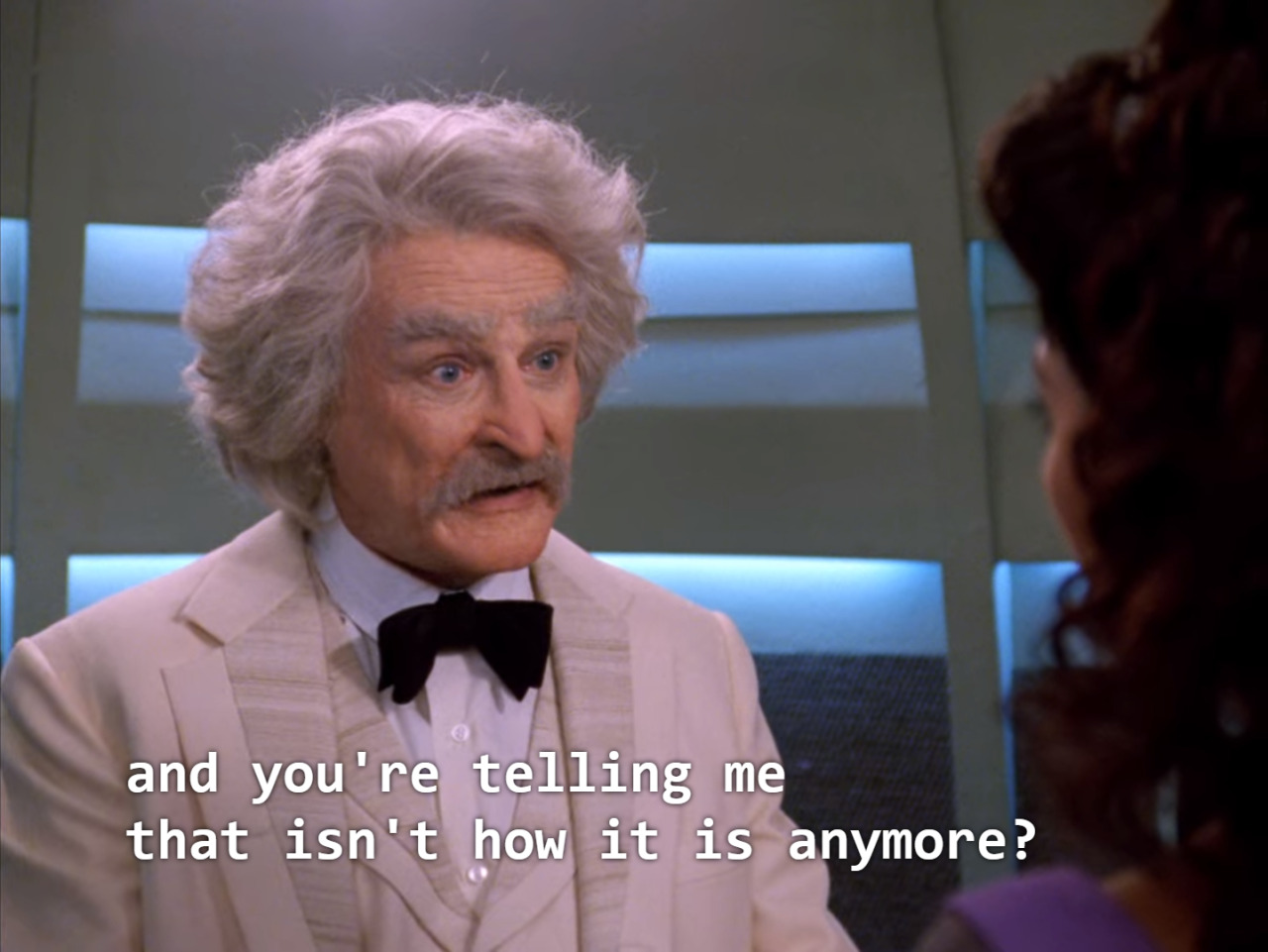
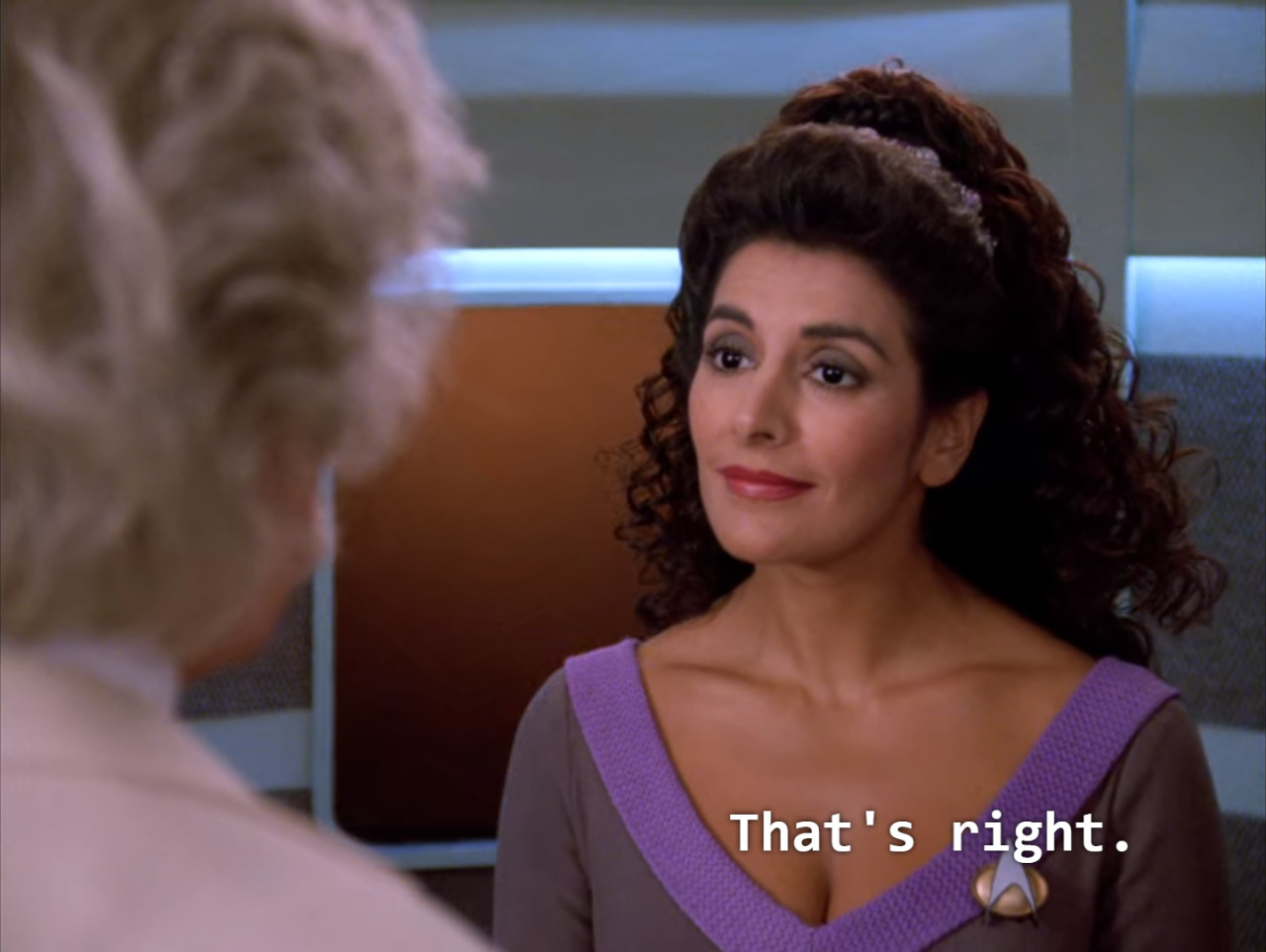
Must be nice.
Must be nice.
